How is Boulder's water supply impacted by the Colorado River and climate change?
Holiday Closures
In observance of the Presidents Day Holiday on Monday, Feb. 16, the City of Boulder is adjusting its operations schedules.
The Colorado River seems to be on everyone’s mind lately. News reports have mentioned climate change, drought, lower water levels and diminishing flows on the river. Here are some answers to commonly asked questions about how the Colorado River affects the City of Boulder’s water supply.
Does Boulder’s water come from the Colorado River?
Yes, some of Boulder’s water comes from the Colorado River. The city gets its water from three different sources, which helps make Boulder more resilient to natural disasters and able to adjust its water sources as needed.
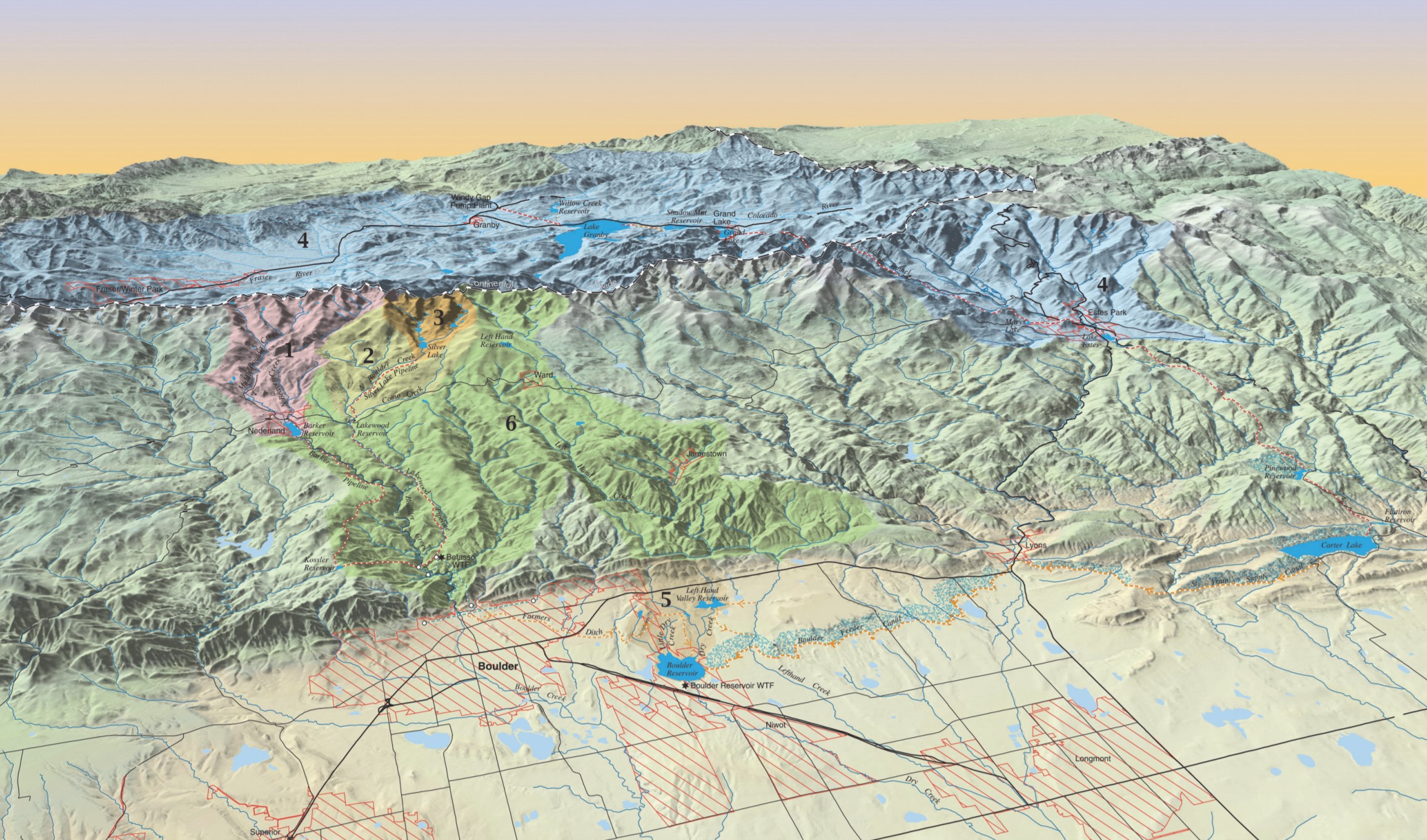
If the Colorado River dries up, how will it impact Boulder?
The city can obtain water from several water sources, which provides a measure of reliability in cases of moderate, localized drought. These include several high-quality water sources both east and west of the Continental Divide, including Boulder Creek’s headwaters and the upper Colorado River. If Boulder receives less water from the Colorado River, it may increase its reliance on the Boulder Creek basin water supply. Additionally, it may become increasingly important to conserve water. The city’s Water Conservation Program helps to reduce our community’s water use by providing guidance on efficient fixtures, xeriscaping and irrigation system improvements.
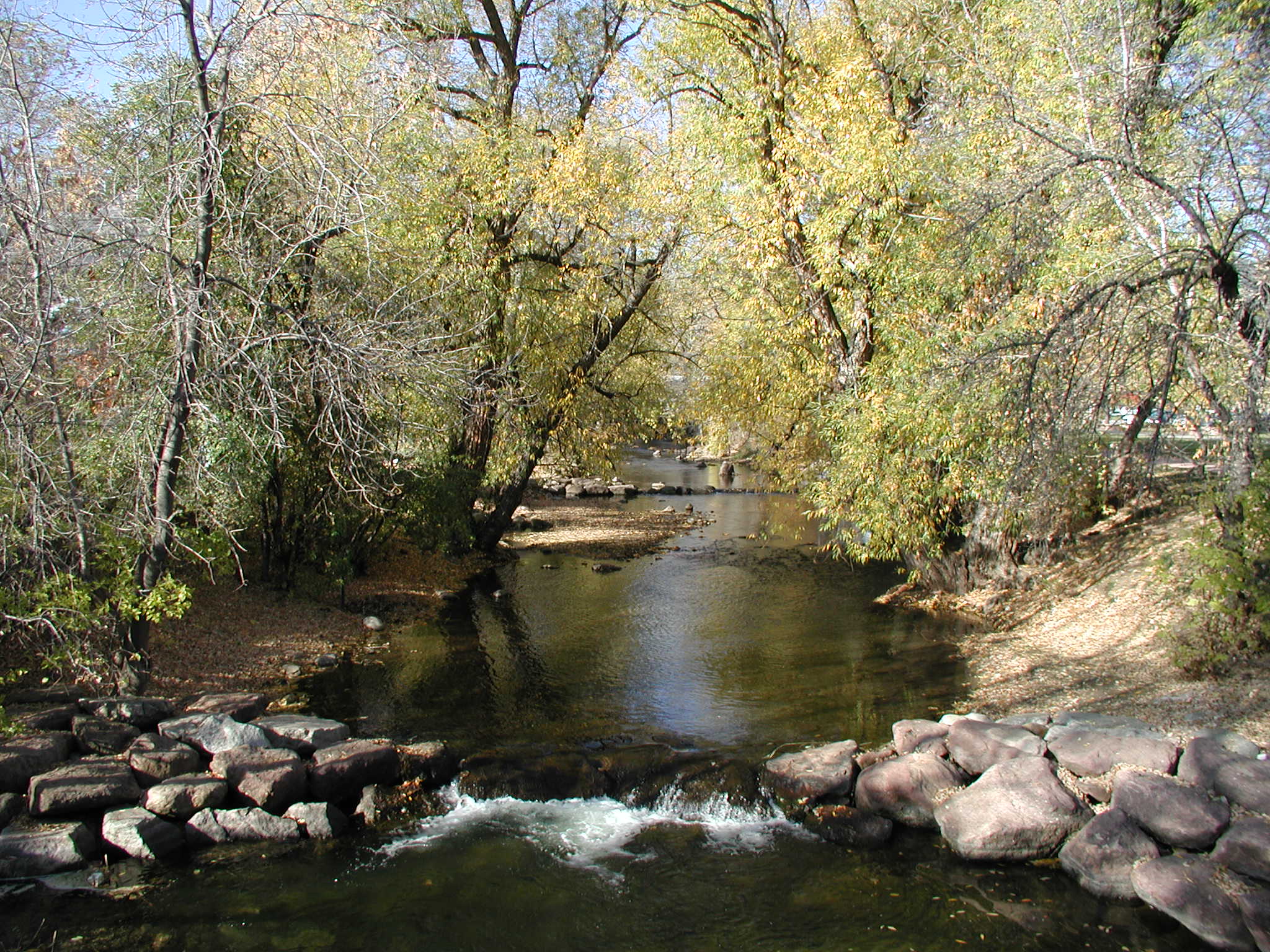
What about drought?
Hotter temperatures and earlier snowmelt can create increasingly dry conditions. Each May, the city assesses its water supply and determines whether or not to declare a drought and implement water use restrictions. This determination is primarily based on snowpack levels in the mountains west of Boulder, the city’s reservoir storage levels and its allocation of water from Northern Water’s Colorado-Big Thompson. The city’s Drought Plan provides guidance for recognizing and responding to droughts that may affect the water supply.
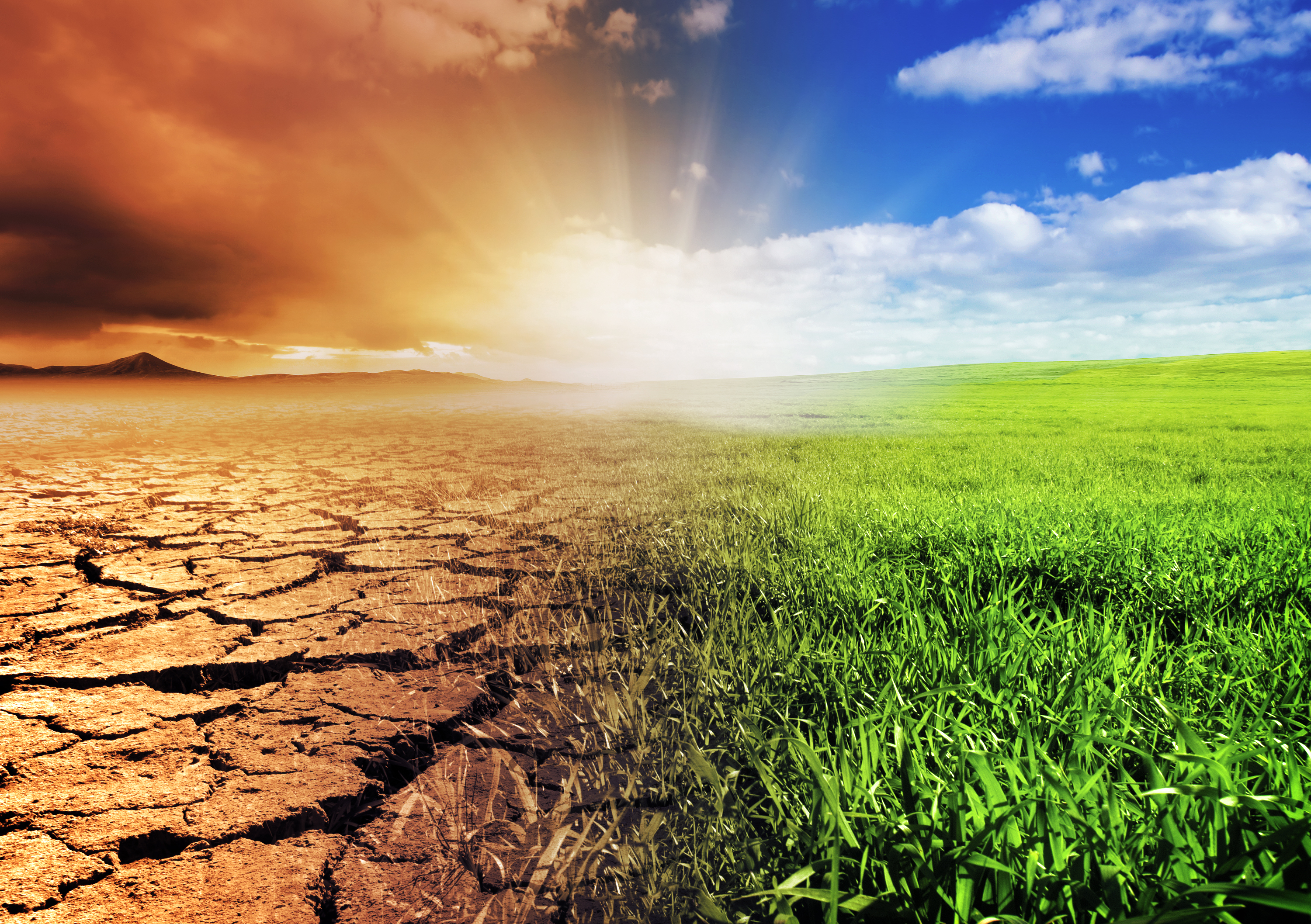
What about climate change?
There's no doubt our climate is changing. Summers are getting hotter, and rain and snow are more unpredictable. These global changes are having an enormous impact on the natural systems around us. As our region becomes drier, native plants and animals may struggle to survive. Learn how to slow these trends by supporting living systems and participating in nature-based climate solutions.
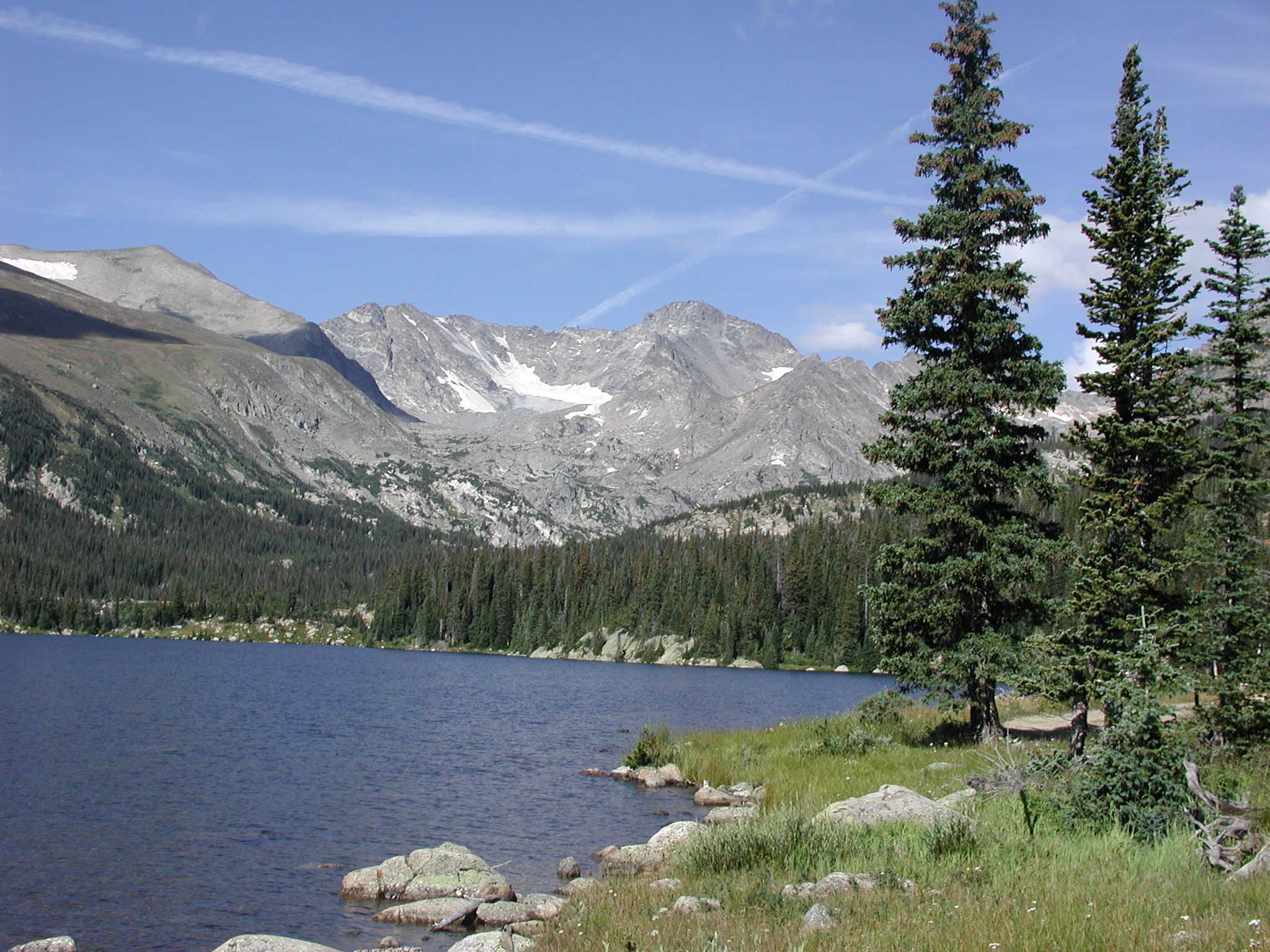
What can I do?
Using water more efficiently and sustainably can help reduce Boulder's use of Colorado River water.
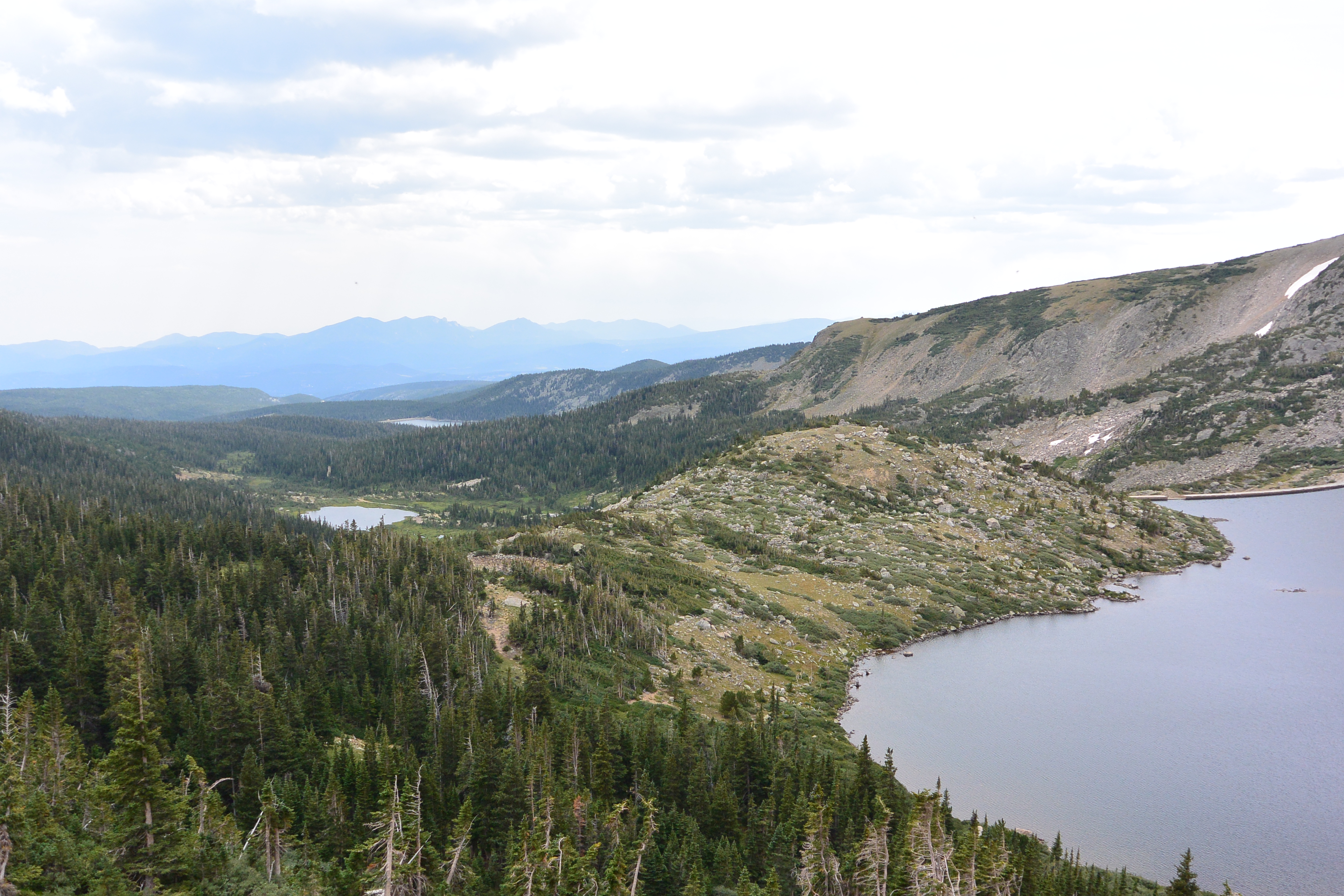
What steps is the city taking?
The city continually plans for long-term water resilience by investing in infrastructure, assessing the impact of different climate change scenarios and anticipating future water supply and demand. In addition to this planning, the city’s Water Conservation Program helps guide efficient and sustainable water use in the community.
This year, the city is updating its Water Efficiency Plan, which provides guidance for water conservation in a way that is compatible with its water supply, water conservation goals and community values.
Header photo credit: Bureau of Reclamation